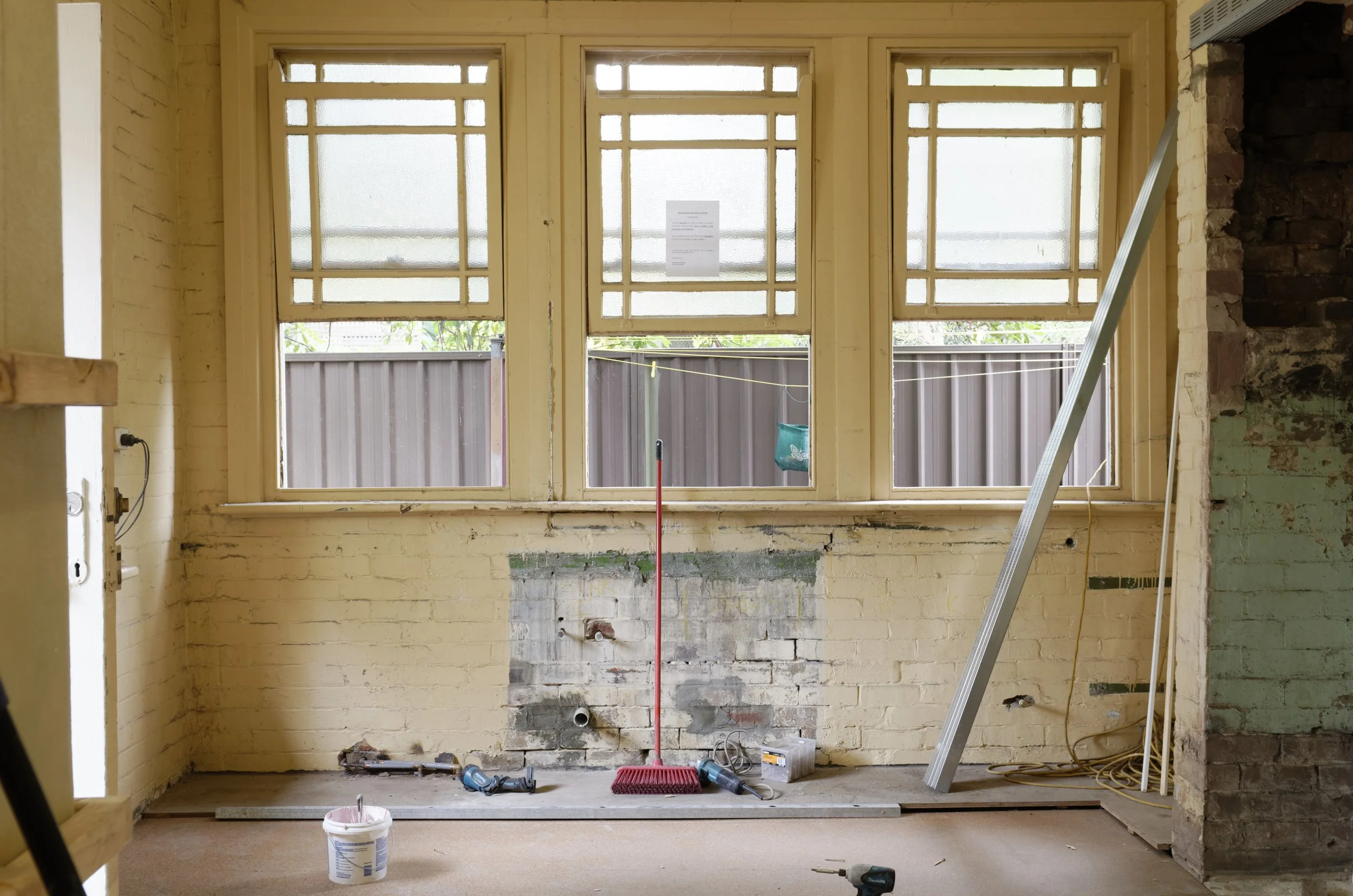What are my options if I was promised family land in Nova Scotia but the Will leaves the land to someone else?
/The important thing to remember in a circumstance such as this one is that a person can only direct who inherits their estate assets with a Will. The critical question to determine is, did the property belong to the testator at the time of his death, or was he only holding it in trust for the person he promised it to?
Read More
























